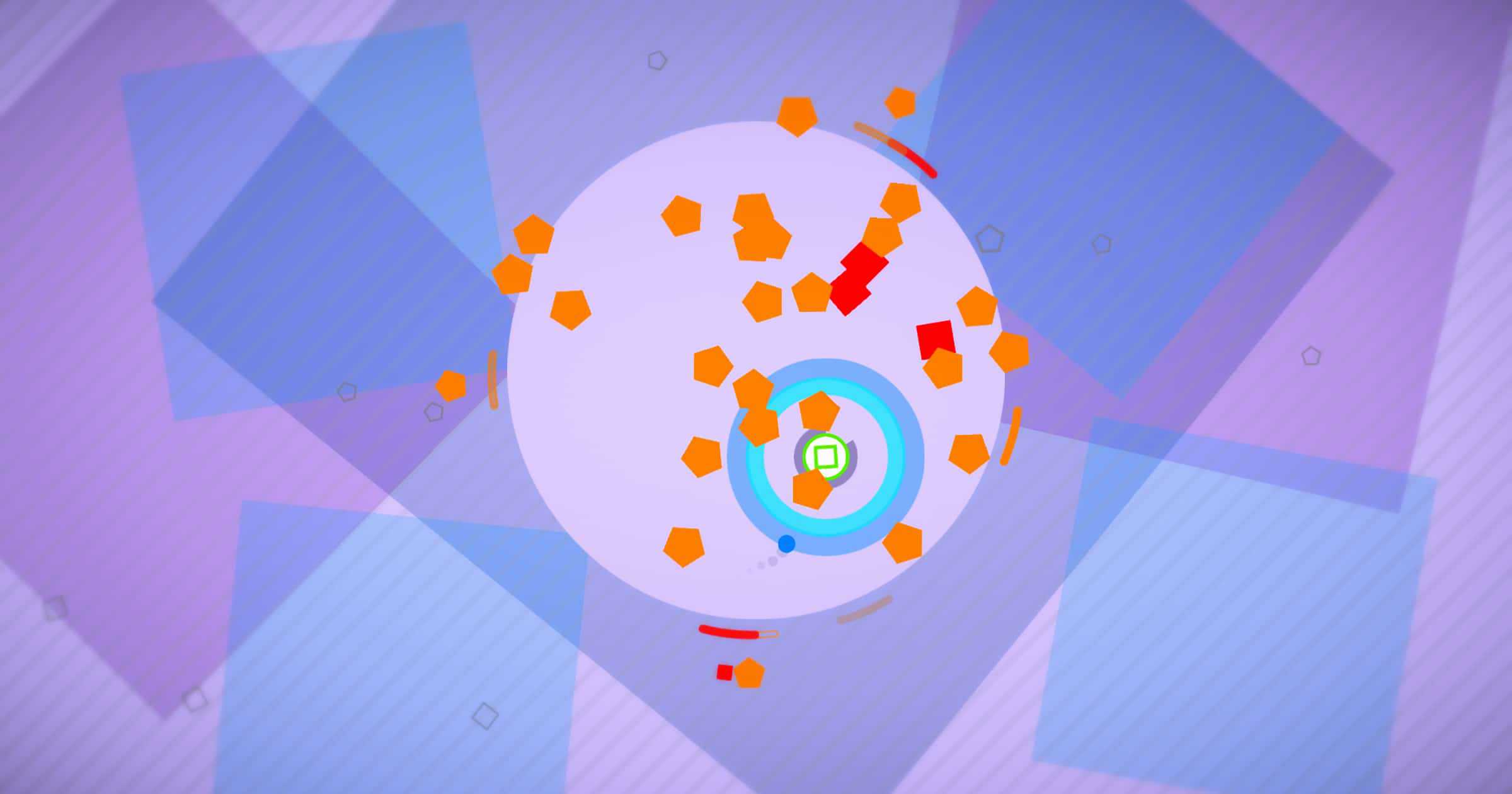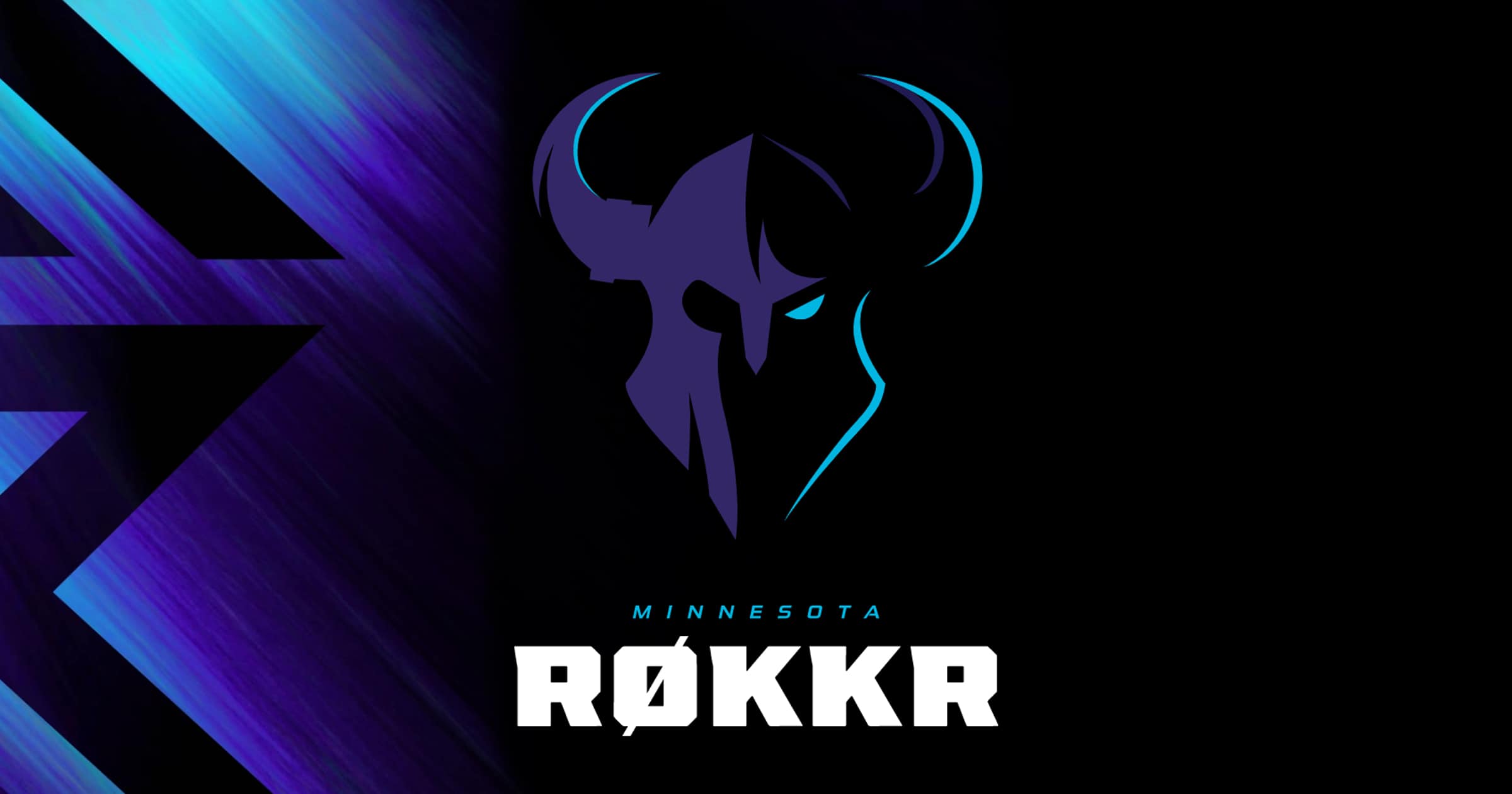 Charles McGregor was introduced to video games in a way many, many, many others can relate to — Nintendo. After playing hours of classics such as “Donkey Kong Country” and “Super Mario World” on his dad’s Super Nintendo, McGregor had fallen in love with the medium.
Charles McGregor was introduced to video games in a way many, many, many others can relate to — Nintendo. After playing hours of classics such as “Donkey Kong Country” and “Super Mario World” on his dad’s Super Nintendo, McGregor had fallen in love with the medium.
But it took a Time Magazine article featuring an industrious young baker to really spark the next step.
“There was this young girl who started her own business,” McGregor said. “It was… like a bakery where she made cookies and pastries and stuff like that. Then, I was like, ‘What if I did that but for video games?’”
Fast forward almost two decades and McGregor’s St. Paul-based studio, Tribe Games, is releasing what is certainly its most fully realized game to date — HyperDot. In the game, wave after wave of geometrical enemies attack the player in a technicolor arena as dark synthwave bumps in the background. It’s a triple threat of visuals, sound, and coding that coalesce into an intense experience, but what seems even more intense is how the game was made. Or, more accurately, who made it.
It was just one person.
Charles McGregor.
For McGregor, HyperDot (which originally began its life as a school project about anti-piracy measures that was made in just four days) is the realization of countless hours spent picking his dad’s brain (a computer science major) for coding tricks and tips, browsing internet forums for any scraps of coding knowledge he could find, and reading a Dark Basic manual (a coding language that is “really old”).
“[The manual] was like 700 pages long or something like that,” McGregor said with a laugh. “It was huge. There were multiple times where I’d just say, ‘Ok, I know that it’s probably going to be useful if I read this thing. So, I’d start from the very beginning because it’s a textbook and I was like, ‘I guess I have to read the whole thing.’ I didn’t get very far on the first attempt.”

McGregor did eventually (amazingly) get through the entire manual. But even with a firm foundation of basic coding knowledge (assisted by a Computer Science degree from the University of Minnesota Duluth), there were still some missing pieces to his game-development skillset. One of them, music, was continually developed through his school years. McGregor honed his musical ability by playing in various school and jazz bands throughout the years, taking a more academic approach to the craft instead of poking around on forums and YouTube.
“Music wise, I had a lot more formal training,” he said. “There were mentors and teachers teaching me how to do things.”
But playing music and creating music are two very different exercises. When it came to actually craft the tracks for his games, McGregor returned to the same approach that helped him learn coding — the good ‘ol internet. He dissected sample projects in FL Studio, the Digital Audio Workstation (DAW) he uses to make the tracks, and watched YouTube tutorial after YouTube tutorial to hone his music programming skills. Eventually, and with a little inspiration from indie game hits such as “Super Hexagon,” McGregor was able to piece together the music you hear while desperately trying to make it through the next wave in HyperDot.
 Creating an entire game — code, art, and music — by yourself is certainly a feat, but McGregor has the distinction of another inspirational role as well — his studio is the first to be owned and operated by a black developer in Minnesota. McGregor is that black developer. It is, as the HyperDot’s publisher Glitch says, a Big Deal™.
Creating an entire game — code, art, and music — by yourself is certainly a feat, but McGregor has the distinction of another inspirational role as well — his studio is the first to be owned and operated by a black developer in Minnesota. McGregor is that black developer. It is, as the HyperDot’s publisher Glitch says, a Big Deal™.
“I’m definitely honored that I’m able to be that person and hopefully inspire others to start their own [studio] and try and make their own path,” McGregor said. “It hasn’t been something that’s at the forefront of my every day, but it has definitely been something that I’ve thought about and made sure that I wear that badge with honor.”
With HyperDot officially released, McGregor’s notoriety in the Minnesota game development scene is sure to increase. That boost is sure to get the attention of budding developers turned his way. His advice?
“Just start,” he said. “Don’t wait for a certain type of gear. Just start. Because that’s what will get you motivated. ‘Oh, I made this, so now I can make that.’”
HyperDot is available NOW on Steam (PC, Mac, Linux), itch, and Xbox. You can keep up with Tribe Games and Glitch by following them on Twitter — @TribeGames & @heyglitch






